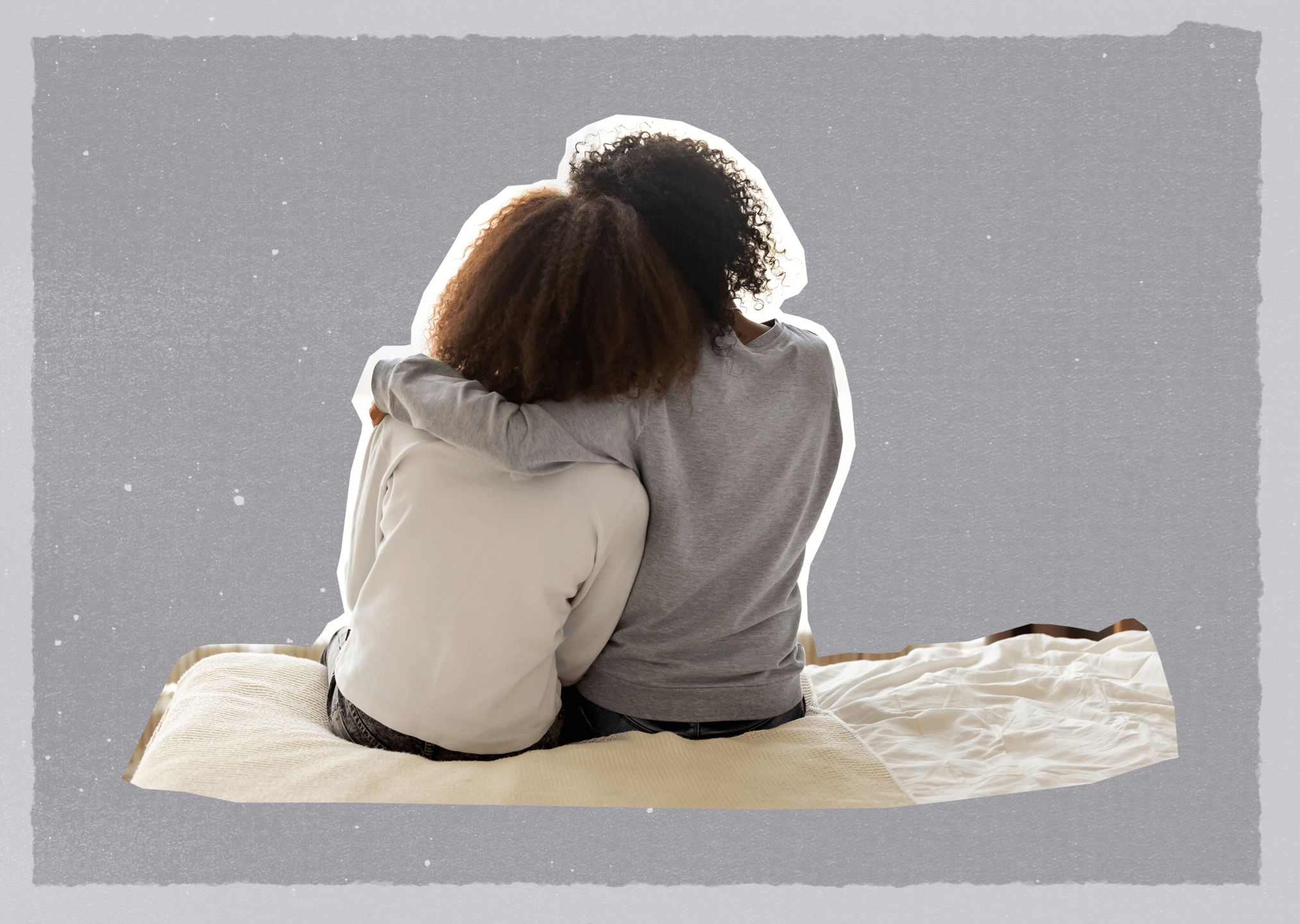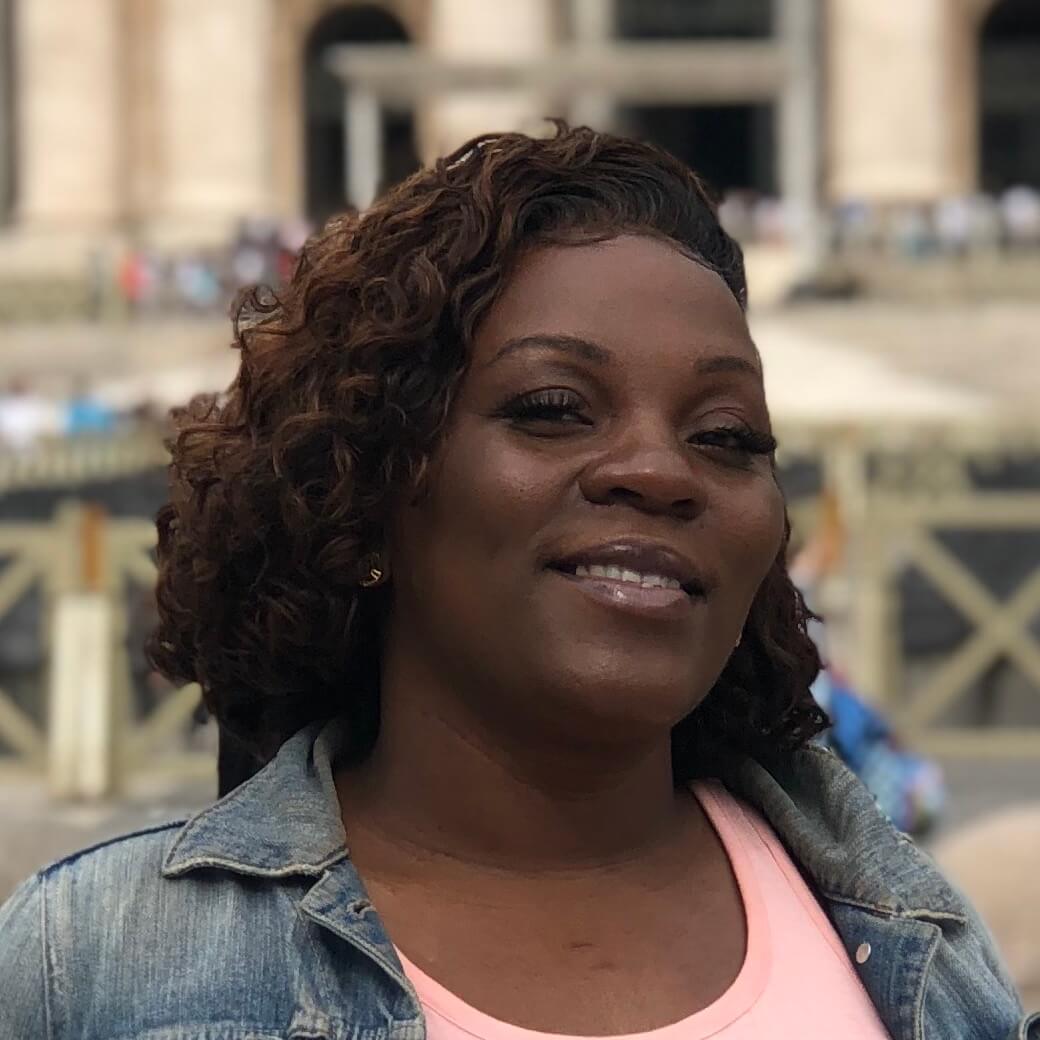Supporting Young People as a Parent and Youth Worker During COVID-19
It was the best of times, it was the worst of times. Charles Dickens couldn’t have expressed it any better.
2020 was a year that social media heralded with high expectations; “2020 vision” promised clarity and possibility. However, by March, COVID-19 had transformed the world as we knew it into a real-life, end-of-mankind, blockbuster movie. We went from great expectation to great fear.
Our norms were replaced with sanitization and hand-washing procedures, face masks, social distancing, and, let’s not forget, toilet paper hoarding. We became glued to our TVs or phone screens, watching for the latest death toll, or what country was leading in new infections. We went from walking freely to parks, movies, and city attractions to finding comfort in family TikTok performances, Zoom get-togethers, and Netflix binge-watching. And we all quickly became experts in online work, school, and family celebrations.
As a full-time parent, mature MSW student, and youth worker, I have had the privilege and hardship of experiencing COVID-19 in many different ways.
As a parent of two teen girls, I have witnessed days of great happiness and great sorrow. I watched them stay up all night, anxiously awaiting the news that their spring break had been extended indefinitely; I vividly remember the cheers when it was announced that there will be no school until further notice. But cheers and laughter quickly turned into frustration and sadness. By week three of lockdown, I watched as my girls paced the floors, stayed locked up in their rooms with no motivation, and often found themselves at each other’s throats. I watched as they spent hours trying to escape into long, meaningless conversations with their friends late into the night (followed by sleeping late into the day).
As a no-nonsense parent, I imposed device restrictions and created school-like schedules. Then one day – after feeling unmotivated and tired of seeing the paint on my walls – it hit me: my kids were also trying to find some sanity during this unprecedented time. As I was worried about every new development that came out about COVID-19, my uncertain income, and my daughters’ education, my kids were also stressing in their own way.
It was in that moment that my youth worker hat went on, and I began looking at their experience with more empathy.
If I were a teenager stuck in my house with my parent (from what used to be six waking hours a day during the week to 24 hours a day – every day!), how would I respond? No escape, just four walls and a ceiling, with nothing but Wi-Fi and their electronic devices. Thinking this way helped me to better understand how my teens were feeling. If I didn’t readjust my expectations quickly, the side effects of COVID-19 (and I’m not even referring to the actual virus!) would be the demise of us all. I decided to adapt the African proverb about marriage to parenting through the pandemic: “Open Both Eyes Before, Close One Eye After.”
My interpretation of this proverb for parenting in this moment? I needed to learn how to close one eye and not let little things bother me, like having the dishes washed right after dinner or having chores done by a specific time. And guess what? It worked! Some nights, instead of enforcing ‘lights out’ if they didn’t do their chores, I would instead join them in binge-watching their favourite Netflix series or learning the latest TikTok routine. By taking this approach, I discovered that they liked me a little more. It created balance, fun, harmony, and some much-needed humour in the home, and it brought us closer.
Most importantly, I became more mindful of space, and how to give them space to escape me and each other. When they retreat to their rooms or separate from each other, I refrain from being overly intrusive; I do a brief check-in and then allow them their time to themselves. Sometimes, being a parent, we forget that teens are going through their own issues. We take for granted that because their basic needs are being met, they should have no worries, but we are so wrong.
While thinking up creative ways to develop my pandemic parenting skills, I discovered that I also had to build my pandemic youth worker skills. As a youth worker, I was never dependent on technology alone. I developed and maintained meaningful relationships with youth, encompassing call, text, and face-to-face communication; however, as we know, COVID-19 has totally disrupted this work. I now have to utilize social media platforms a lot more, and I’ve discovered that voice notes and FaceTime are lifesavers when a young person needs to see or hear a familiar face or voice outside of their home.
I quickly learned that the youth with whom I work are having trouble self-regulating in situations for which, under normal circumstances, they wouldn’t typically require my support; many have expressed feeling unsafe and trapped, or experiencing vicarious trauma and food scarcity. If a young person was having an issue within their residence before the pandemic, they could easily leave to get some space, but that option is now minimal or non-existent. Some youth have shared that they don’t feel safe at home; for example, those with parents who experience mental health or substance use, or those who are residing in a group home and are having issues with other residents or staff.
As a youth worker, I’ve been able to ‘lighten the load’ by making myself available and by doing periodic drive-by visits or food deliveries. For one of my clients, I pre-made some meals to last her a week and included some non-perishable items for the home. By extending this small gesture, I showed support to the young person and to others in the home; both she and her family expressed an abundance of gratitude, and I learned that the stress levels within the home decreased a little.
While I understand that we all don’t have the resources or time to do exactly what I am doing as a parent or a youth worker, I know that there are ways to help minimize the stress and difficult emotions we are all feeling. Often, it just takes empathy, and reframing our understanding of what is needed, how we can offer care and support, and how we can connect to emphasize the best – rather than the worst – of what this difficult time can offer each of us. We are all going through it, in one way or another. This road may seem long, but know that you are not alone – and this journey won’t last forever.


